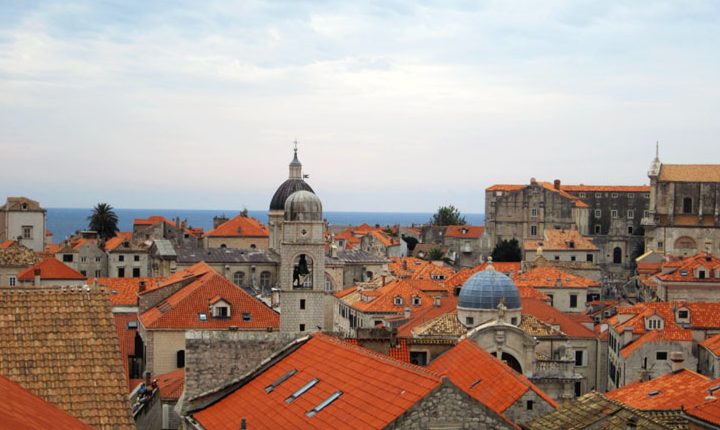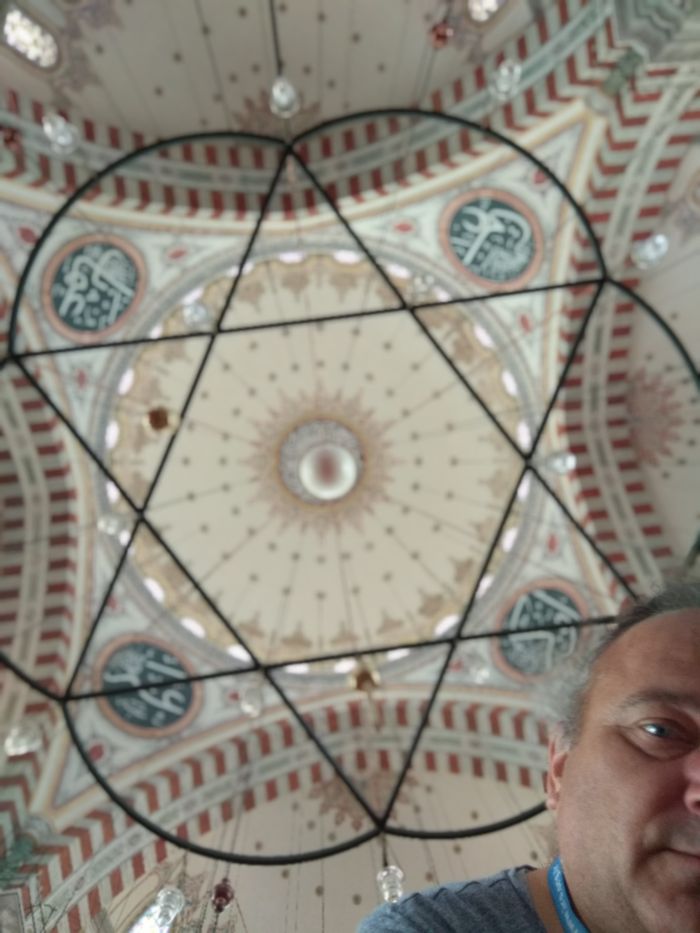Simultaneously, Taronites who had married the Emperor’s sister, was created ‘Protosebastos’ and ‘Protovestiaire,’ and soon afterwards he was gazetted ‘Panhypersebastos,’ and then sat with the Caesar. Besides these his brother Adrian was dignified with the title of most illustrious Protosebastos, and his youngest brother Nicephorus, who had been promoted to be the ‘great Drungaire’ of the fleet, was now raised to the rank of the Sebasti.
Now my father was the inventor of all these new honorary titles, some he made by compounding names, of which I gave an instance above, and the others by applying them to a new use. For names like ‘Panhypersebastos ‘ and ‘ Sebastocrator ‘ and similar ones he compounded, but the dignity of ‘ Sebastos’ he seems to me to have applied to a new use. For from olden times the epithet ‘Sebastos’had been given only to the Emperors and the name ‘Sebastos’ was peculiar to them, and my father was the first to bestow it on several of lower rank.
The arch-scientist of Emperors
And if anyone were to reckon the art of ruling as a science and a kind of high philosophy, as if it were the art of all arts and the science of all sciences, then he would certainly admire my father as a skilful scientist and artist for having invented those new titles and functions in the Empire. Not but what the masters of the logical science have invented new names for the sake of clearness, but this man Alexius, the arch-scientist of Emperors, instituted them for the advantage of the Empire and often made innovations both in the apportioning of duties and in the bestowal of titles.
To return, however, to the revered Patriarch Cosmas, of whom we were speaking – a few days after he had solemnised the sacred rites in memory of the hierarch, John the Theologian, in the chapel in Hebdomon named after him, he resigned his high office, after gracing it for five years and nine months, and retired to the monastery of Callias. And after him the aforementioned eunuch, Eustratius Garidas, was put at the helm of the patriarchal government.
Now when his father Michael Ducas was ousted from the throne, Queen Maria’s son, Constantine Porphyrogenitus, doffed the red buskins of his own accord and assumed ordinary black ones, but Nicephorus Botaniates who succeeded his father as Emperor, bade him take off the black buskins and wear silk shoes of varied colours, as he felt some reverence for the young man, and liked him for his beauty and his high descent, for he grudged him indeed the splendour of entirely red buskins, but allowed him to have a few spots of red shewing in his woven shoes.
Read More about The Mysterious Mansion part 9









